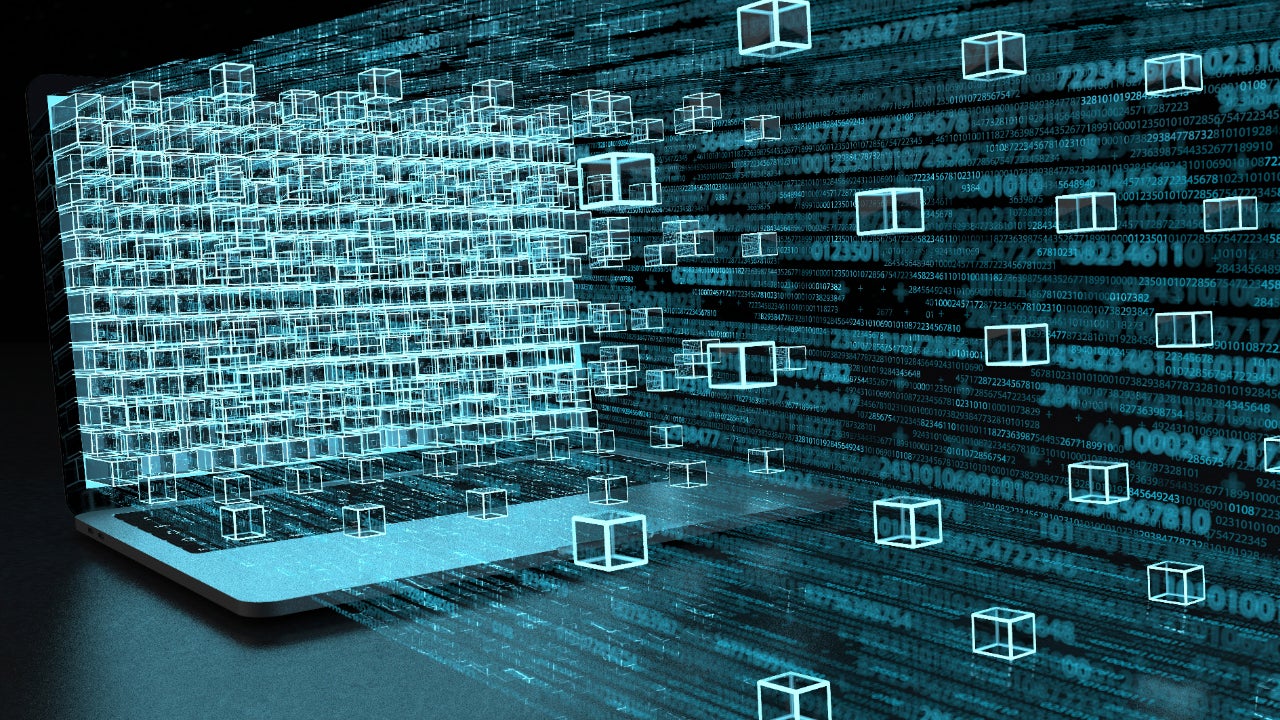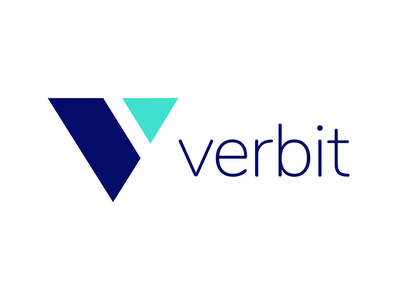Blockchain know-how is the know-how that underlies cryptocurrency, enabling it to exist as a safe methodology of transferring and validating transactions and data. On this sense, you might consider blockchain as akin to Microsoft Home windows — a software program platform — on which quite a lot of different software program (similar to cryptocurrency) is developed.
Right here’s what blockchain know-how is, the way it works and why it’s so common.
How blockchain works
Blockchain is a software program software that tracks knowledge by storing it in blocks which are then chained collectively chronologically. Consider a blockchain as a working receipt of transactions or knowledge which are validated and saved and will be seen later. Blockchain know-how can underlie many alternative functions, similar to cryptocurrency, sensible contracts, monitoring data and nearly every other digital course of that might require statement.
Within the case of cryptocurrency, computer systems validate the motion of cash from individual to individual over time, leaving a everlasting report that may be accessed later, like a protracted receipt of each transaction ever made. When Bitcoin was formally launched in 2009, it introduced the benefits of blockchain know-how to common consciousness.
Blockchain know-how is usually decentralized, which means that the power to write down to the database is given to a community of computer systems, as is the case with many cryptocurrencies. This distributed ledger, as it’s usually known as, tracks the information utilizing the redundant energy of the networked computer systems to validate the information. Every laptop has entry to this public report, and new transactions are added to the receipt or ledger as soon as they’re verified by the networked computer systems.
Resulting from this technique of validation and the cryptography it makes use of, blockchain could be very safe, making a report that’s nearly irreversible. This stage of safety helped cryptocurrency develop into an asset that individuals should buy and promote.
How is a blockchain completely different from a traditional database?
A blockchain database shops knowledge in blocks, and when a block is stuffed with knowledge, it’s related or “chained” to the previous block. The chain continues indefinitely, with successive blocks of knowledge added to earlier blocks, so long as the computer systems managing the database proceed to function it. And since blockchain amasses knowledge over time, it’s a historical past of that knowledge within the order through which it was irreversibly recorded within the blockchain.
In distinction, a typical database might merely be a desk, albeit presumably a really massive one, that organizes knowledge in line with particular attributes. A typical database needn’t have a chronology and beforehand recorded knowledge could also be altered within the database. However like a blockchain, a typical database might restrict who can entry, retailer and retrieve data from it.
How clear is blockchain?
Blockchain is all about monitoring the motion of knowledge, and so by its very design, it’s supposed to be extremely clear, not less than for those who’re in a position to entry the blockchain database storing the data. To ascertain transparency, nevertheless, you want a safe database that’s proof against hacking. Blockchain know-how shops data in a safe approach that should additionally report any alterations made to a given blockchain, in order that there’s a report of modifications.
Blockchain does permit a “permission-less” public ledger to be seen by computer systems (or “nodes”) on the community. By becoming a member of the community, you (or anybody with entry) will be capable of see the data that has been recorded, even when the information might supply anonymity or semi-anonymity. So customers can take a look at all transactions in a given blockchain throughout time.
Public blockchains vs. personal blockchains
Whereas public blockchains permit anybody to entry the database, personal blockchains can restrict entry to particular individuals or teams, maybe these inside a corporation utilizing a blockchain.
For instance, Bitcoin’s distributed ledger is publicly verifiable, even for those who can’t instantly see who’s making a transaction. You’ll be able to hint transactions within the cryptocurrency again over time and see the place cash has moved and to which accounts. (That is a technique that authorized authorities can hint cryptocurrency to these they think of dishonest the taxman.)
Nevertheless, different blockchains might stay personal or “permissioned,” which means that customers should be approved to enter knowledge or transact by way of the blockchain. In these blockchains, customers might stay absolutely nameless and transparency is proscribed by these controlling the database.
So whereas blockchain might permit transparency in its design, there are additionally questions of who has the power to see a blockchain, who or what’s noticed and who does the observing. The solutions to those questions — and blockchain’s transparency — rely on politics and energy.
Why is blockchain know-how so common?
Blockchain has develop into common as a result of it may be utilized in varied functions, notably cryptocurrencies, and it could supply varied advantages:
- Decentralization. A blockchain database will be decentralized and validated by the networked computer systems which are allowed to entry it. This decentralization permits the computer systems to appropriate the database if conflicting data enters the blockchain.
- Irreversibility. A decentralized blockchain validates data and produces an almost irreversible report of transactions, for instance, in Bitcoin. As soon as bitcoins are moved and the transaction has been validated, it’s recorded completely.
- Safety. Blockchain presents safety in quite a lot of methods. For instance, its irreversibility results in safety for transactions. And if data is altered, the blockchain identifies that it has been altered.
- Accuracy. The redundancy of a distributed community means transactions are validated repeatedly, serving to to maintain accuracy excessive throughout the database.
- Transparency. Blockchain permits transactions in a cryptocurrency, for instance, to be displayed in a public ledger, even when the accounts proudly owning a given foreign money stay nameless or semi-anonymous.
- Belief-less. Due to the way in which that it validates data, a blockchain will be operated with out both aspect of a transaction understanding one another or validating the transaction.
- Robustness. Blockchain can allow many alternative processes and applied sciences.
Blockchain may also be used for sensible contracts, contracts which are mechanically validated and executed when the phrases of the contract are fulfilled, which is likely one of the key options of the Ethereum cryptocurrency.
Are you able to put money into blockchain?
It’s not attainable to speculate instantly in blockchain, because it’s only a database software. Nevertheless, you may put money into firms and different organizations that use blockchain know-how.
One of the vital apparent locations is cryptocurrency, which has develop into a scorching market. You’ll wish to completely perceive what you’re shopping for and the place the alternatives to revenue are. In the event you’re trying to go this route, take a look at the most effective brokers and exchanges for buying and selling cryptocurrency.
You even have the power to put money into firms which are utilizing blockchain in their very own enterprise. Listed below are a few of the prime blockchain ETFs, their prime holdings and the way a lot they cost.
Backside line
Blockchain permits the creation and improvement of cryptocurrencies, however it has the potential to supply much more when it comes to its skill to trace and confirm a complete vary of knowledge. So it may develop into a significant a part of new functions that monitor, handle and management knowledge, bodily objects, authorized agreements, funds, royalties and a lot extra.





